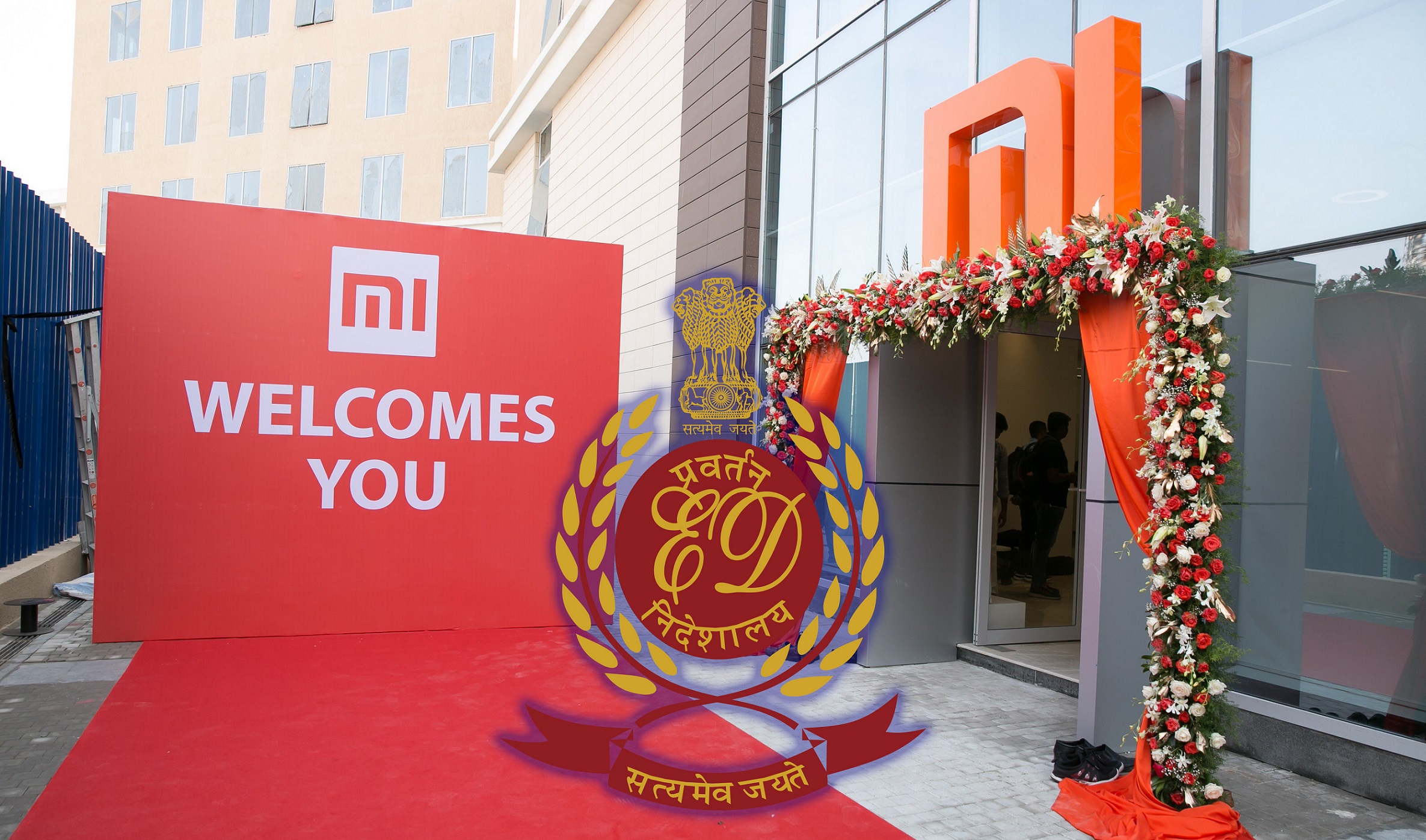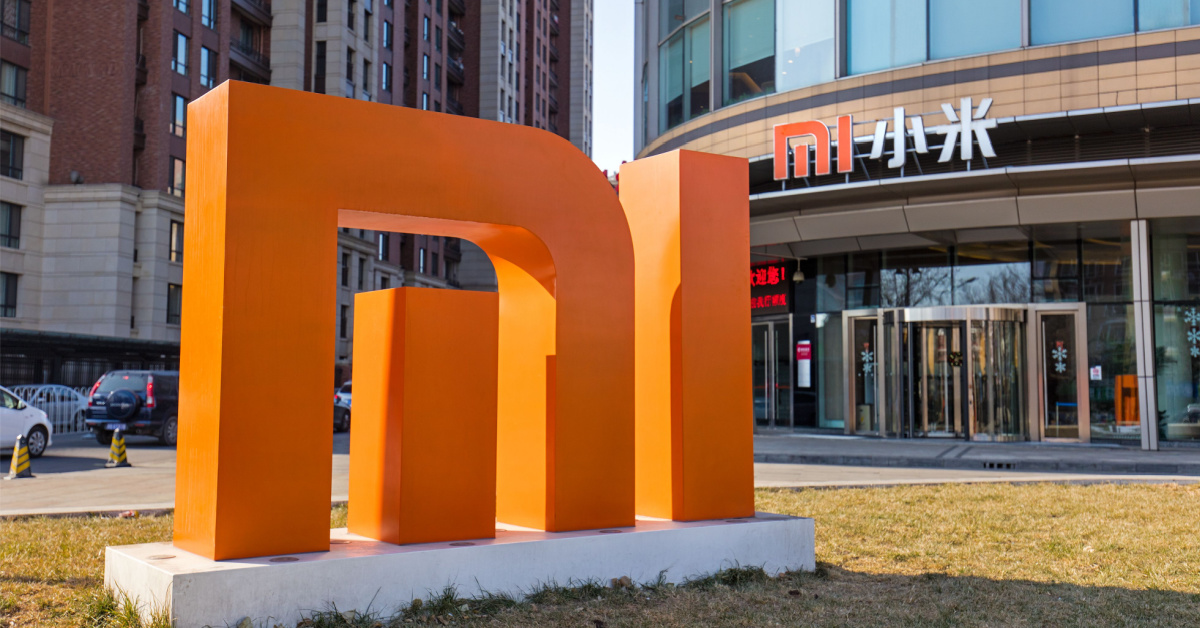Xiaomi Controversy: ED’s Accusations, The Defendant’s Argument, And The Situation With Indian Government Policy Towards Chinese Manufacturers.
The Income Tax Department searched Xiaomi and a few other Chinese mobile manufacturing businesses in December last year on suspicion of tax cheating.

The Karnataka High Court has dismissed Xiaomi Corp’s appeal contesting the Enforcement Directorate’s seizure of Rs 5,551 crore ($676.35 million). The ED froze the Chinese manufacturer’s assets last year, charging that the business made illicit transactions with overseas organisations while passing them off as royalty payments. The corporation strongly denied any wrongdoing.
According to the ED, the competent authority under the Foreign Exchange Management Act (FEMA) has authorised an order of seizure over Rs 5,551 crore in Xiaomi deposits, the biggest sum that has been frozen in India to date. The government charged the famous Chinese phone manufacturer with remitting foreign cash equivalent to Rs 5,551.27 crore to three organisations under the pretence of royalty — one Xiaomi Group entity and two unrelated entities in the United States.

Furthermore, ED stated that the corporation sent this sum under the pretext of Royalty overseas under cover of several unconnected documented façades formed amongst the group organisations, which constitutes a breach of Section 4 of the FEMA. The Company also submitted false information to banks while remitting money abroad.
The ED issued the order of seizure of these bank deposits under the FEMA on April 29, 2022, and then forwarded it to the appropriate authority for confirmation, as required under the legislation that governs foreign exchange offences in the nation.
The Chinese manufacturer was given permission to appeal the Competent Authority’s ruling to the Appellate Tribunal since Indian law upholds total equality.
The court observed that because Article 14 of the constitution is person-centric, Xiaomi India’s constitutional claim is feasible on that basis. The court pointed out that a petitioner does not have to be a citizen to challenge the essence of Article 14, which guarantees everyone the right to equality and equal treatment under the law. The court maintained measure 37A of the Foreign Exchange Management Act (FEMA) as legally lawful, noting that the measure lacks obvious arbitrariness. However, the court granted Xiaomi India the opportunity to appeal under Section 37A (5) of the Act.
Deputy Solicitor General M. B. Nargund, who appeared in court on behalf of the government, told the judge that because Xiaomi is a foreign corporation, it lacks the legal standing to contest the statute’s constitutionality.
Nargund said that he would file an affidavit to prove that the Chinese manufacturer had abused the prior court-issued interim injunction. After that, the bench requested that Xiaomi India submit a bank guarantee in INR 5,500 Cr in order to get an interim injunction stopping the seizure of its cash. In addition, Nargund told the court that Xiaomi now only has INR 3,956 Cr in its bank accounts, down from INR 7,000 Cr previously.

The defence by team Xiaomi.
Senior attorney Udaya Holla appeared on behalf of Xiaomi before the judges and pleaded for the extension of the temporary injunction. Holla stated that the business would set up an escrow account and send the money it earns from January’s sales into it. The bench responded to the submission by claiming that the tax department would be “left high and dry” if the Chinese phone manufacturer does not adhere to the pledge.
To protect the revenue department, the bench ordered Holla and Xiaomi to come up with a better approach or, even better, to provide a bank guarantee. The issue was relisted for further hearing on October 14 after the court instructed the respondents to file their responses to the petition’s concerns.
Why is India being extra vigilant over Chinese topics?
Over 100 Chinese-owned applications were blocked in India three years ago as tensions between the nations rose due to border conflicts. In June 2020, Indian and Chinese forces clashed with clubs, stones, and fists near their disputed border, killing 20 Indian and four Chinese soldiers. The Income Tax Department searched Xiaomi and a few other Chinese mobile manufacturing businesses in December last year on suspicion of tax cheating.
Both nations have evacuated soldiers from various places since February 2021, although they remain present. Last March, Chinese Foreign Minister Wang Yi visited New Delhi to discuss expediting troop departure and the prospect of de-escalating the situation.

Disclosure.
Since the 2020 dispute, political tensions have made it difficult for many Chinese enterprises to do business in India. Aside from tightening laws for Chinese companies investing in India, India has since blocked over 300 popular Chinese applications, including TikTok, claiming security concerns. Let’s see what happens with Xiaomi.




